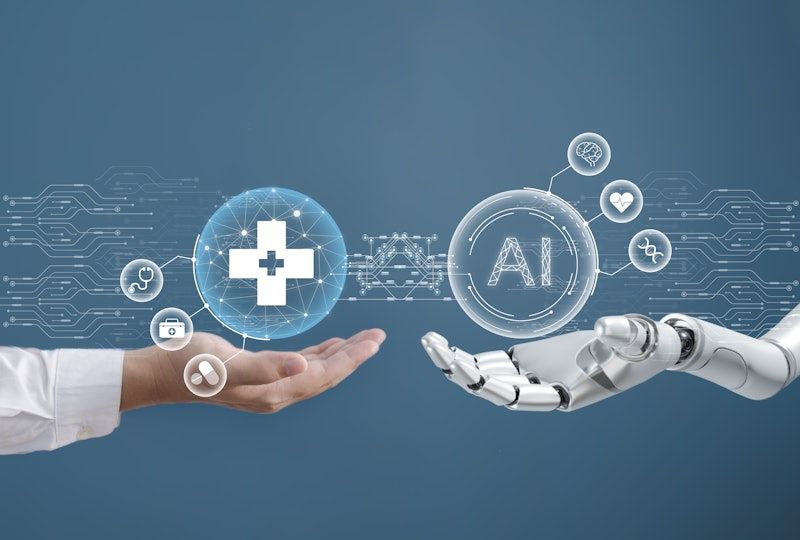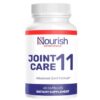Why AI Is Your Secret Weapon in Healthcare: The Human Touch
The Constant Stress on Clinics Today
You are familiar with the sensation if you have recently spent any time in a clinic. You’re squeezed all the time. Just keeping up is a real struggle due to ongoing staff shortages, an endless flow of patient demands, and paperwork that seems to grow out of control. Instead of focusing on the patients who require their care the most, doctors and their teams are wasting their precious hours on administrative duties like scheduling and data entry.
To be honest, we all had a lot of expectations for EMR systems. However, that promise of efficiency has totally failed for a great number of clinics. To be honest, some of these systems are really annoying to use and feel clumsy. Double-handling data, battling alert fatigue, and navigating complex legacy software are all burdening staff. This daily administrative load is a major contributor to provider burnout, not just a small irritation. It’s absurd how frequently the very technology that is supposed to be helpful impedes a clinic’s actual potential, having a direct effect on patient satisfaction and provider well-being.
How Everything Is Changed by Intelligent Automation
Where do you go from here, then? Here’s where the right AI in medical devices is really making a difference. Your team is not replaced by them. They give them authority. AI restores everyone’s time by automating the most tiresome aspects of clinic administration. In order for them to concentrate on the work that is truly important.
Beyond the Fundamentals: More Intelligent Workflows
Consider the effects of intelligent software for patient scheduling. Making the most of your entire day is more important than simply scheduling appointments. AI streamlines the entire intake process and uses data to ensure that automated reminders lower no-show rates. In fact, intelligent automation can free up your front desk employees from manual data entry and endless phone calls, allowing them to assist patients in person.
Furthermore, the advantages extend beyond the workplace. AI creates a smooth digital front door that improves the patient experience. Online booking, digital form completion, and individualized communication are all simple for patients. Patients now expect this degree of convenience, not just a luxury. This gives clinics a significant competitive advantage, improved patient retention, and increased satisfaction.
Beyond scheduling, AI can optimize a clinic’s entire operational flow. AI platforms can manage data entry, expedite patient intake, and provide you with real-time workflow insights by seamlessly integrating with current EMR systems. It enhances data accuracy while also lessening the administrative load. Consider platforms such as Cortico. They demonstrate how integrated AI solutions can significantly reduce administrative time, allowing clinics to do more with less by improving the provider-to-staff ratio. The final objective? It is intended to supplement human judgment rather than to replace it. For healthcare professionals to concentrate on diagnosis, treatment planning, and that vital human connection with their patients, AI takes over the tedious, repetitive tasks.
The Way Ahead for a More Sustainable Future
The healthcare sector is at a pivotal moment. The problems of patient demands and staff shortages won’t go away on their own. Clinics that still use antiquated manual procedures run the risk of significant operational inefficiencies and unhappy patients. For long-term sustainability, implementing AI-powered platforms and more intelligent patient scheduling software is now essential, not just a choice. In the end, automation enables clinics to develop a healthcare model that is more sustainable, patient-centered, and efficient. It empowers employees, lowers burnout, and ensures that the patient’s health and well-being continue to be the primary focus.
















